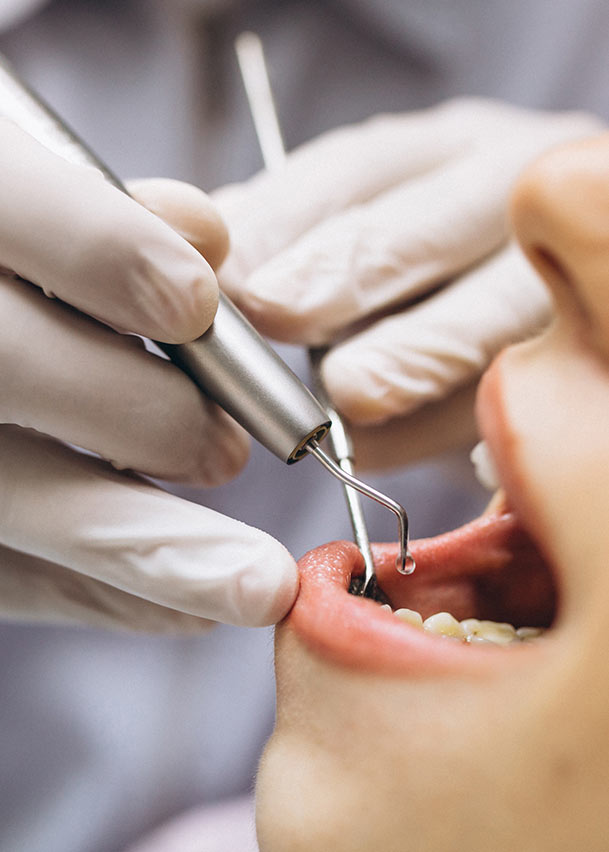
Looking for an endodontist in Webster, TX?? At My Teeth Dental, our Webster, TX endodontist specializes in the treatment of infected and inflamed tooth roots and pulps. Inside and beneath your teeth, complex areas known as the root canal and tooth pulp exist. Certain injuries and decay can lead to infections and damage to these areas, resulting in very painful symptoms. In certain cases, where this damage or infection cannot be treated, a root canal may be necessary for the better of your oral health.
Schedule an appointment with our Webster, TX endodontist today !
Considering a root canal in Webster, TX? Deep inside your tooth, beneath the enamel, lots of blood vessels, nerves, and connective tissues exist in the pulp and tooth roots. In situations where these areas become infected, root canal therapy can effectively remove the bacteria, decay, and infection, reducing the painful symptoms and improving the health of your tooth.
Left untreated, an infected or inflamed tooth root can result in more severe infections, abscesses and the loss of teeth.
During your root canal treatment, your Webster, TX endodontist will thoroughly remove any bacteria and infection, clean the affected area and then seal it. This will help prevent any future damage or infections in the root or pulp.
Do you experience chronic tooth pain? Think you may have an infected tooth pulp? Contact My Teeth Dental Care today to schedule your appointment with our endodontist in Webster, TX. We’d be happy to evaluate your teeth, gums and overall oral health to determine if a root canal in Webster, TX may be necessary for you.
The length of the procedure can vary depending on the complexity of the case, but it usually takes one to two visits to complete. Each visit can last from 60 to 90 minutes.
During the procedure, the dentist or endodontist will numb the area around the tooth, create an opening in the tooth, remove the infected or damaged pulp, clean and shape the root canals, and then fill and seal them. The tooth is then restored with a filling or crown.
After a root canal, it is important to maintain good oral hygiene by brushing and flossing regularly, avoiding chewing on hard foods with the treated tooth until it's fully restored, and attending regular dental check-ups.